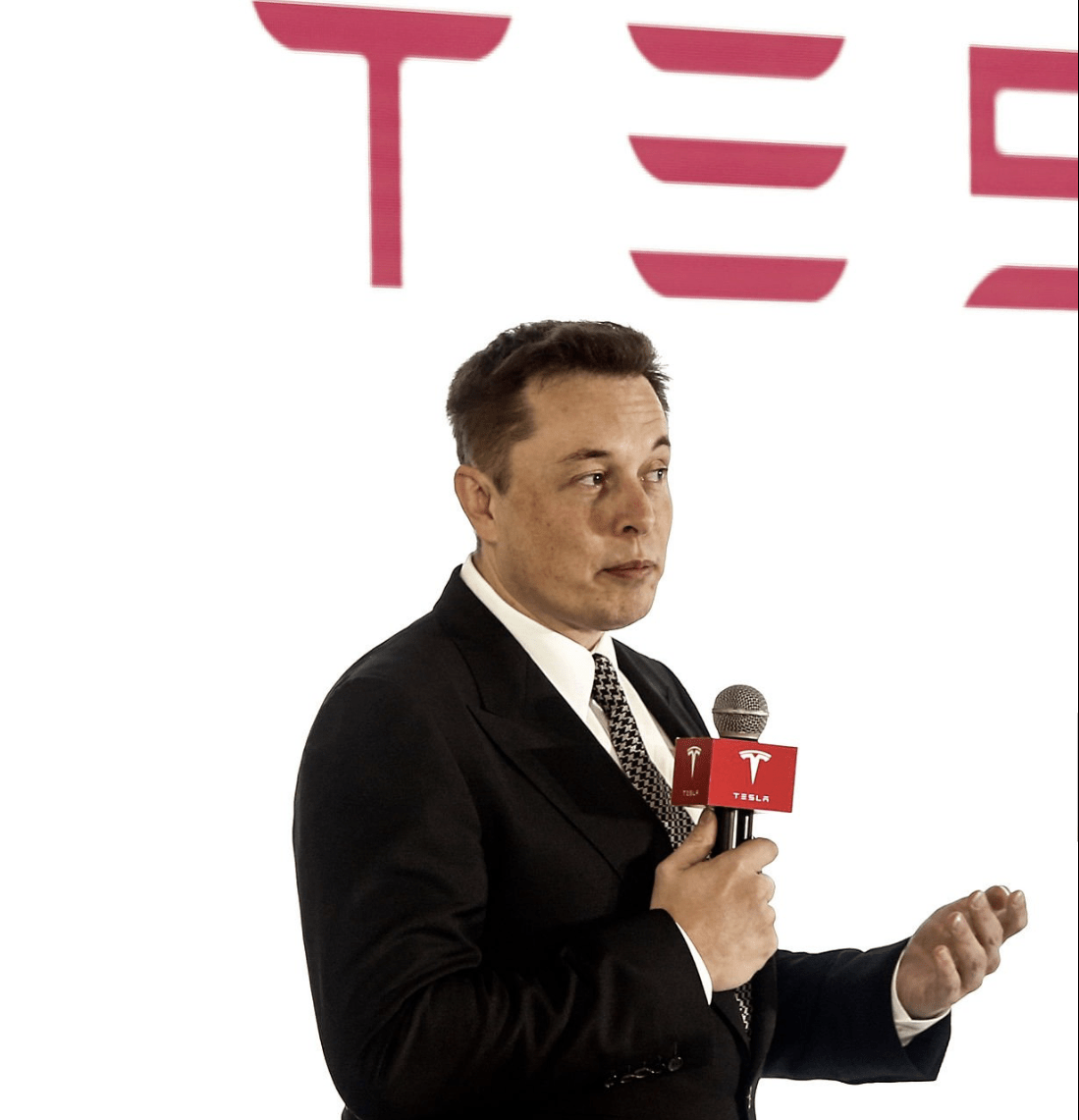Could staking your compensation on an all-or-nothing bet make you a better leader—or just a higher-stakes gambler? That question is resurfacing in boardrooms as “moonshot” pay packages gain traction among CEOs and boards seeking to inspire extraordinary performance and lock in ambitious talent, writes my colleague Amanda Gerut.
The concept, first thrust into the spotlight by Elon Musk’s 2018 Tesla deal, has reemerged in striking fashion through Rick Smith, CEO of Axon Enterprise, the maker of Taser stun guns and police body cameras. In 2018, Smith accepted an unconventional offer: no bonuses, no meaningful salary (just $31,000 a year), and no equity unless he could grow Axon’s market cap tenfold over the next decade. Each $1 billion increase unlocked a tranche of stock, with the ultimate goal of lifting the company’s value from $2.5 billion to $13.5 billion.
It was a daring bet, but one that paid off. Within five years, Smith doubled Axon’s value to over $13 billion and became the highest-paid CEO in America with $165 million in compensation. The stock surged more than 600%.
Moonshot packages invert the standard logic of executive pay. Instead of the usual mix of salary, annual bonuses, and performance shares, they tie virtually all potential compensation to long-term milestones, often at seemingly impossible levels. Advocates argue that they strengthen alignment with shareholders, encourage long-term thinking, and inject urgency into the transformation process. Smith even extended a version of his plan to Axon employees, allowing them to trade portions of their pay for stock that vested alongside his. But the approach is not without controversy. The plans are highly volatile, difficult to calibrate, and often unpopular with investors wary of oversized payouts or asymmetric risk. Miss the mark, and the CEO gets nothing. Hit it too quickly, and shareholders may accuse boards of overpaying.
Still, the model is spreading because, the rationale goes, extraordinary results demand extraordinary incentives, and in a market obsessed with innovation and valuation multiples, big bets may be the price of attracting and retaining elite talent.
Whether these moonshots create enduring value or prove to be flashes of fortune remains an open question. What’s clear is that they represent a new frontier in corporate risk-taking—one that fuses pay, purpose, and performance into a single, high-stakes wager on leadership itself.
Ruth Umoh
ruth.umoh@fortune.com
This story was originally featured on Fortune.com


